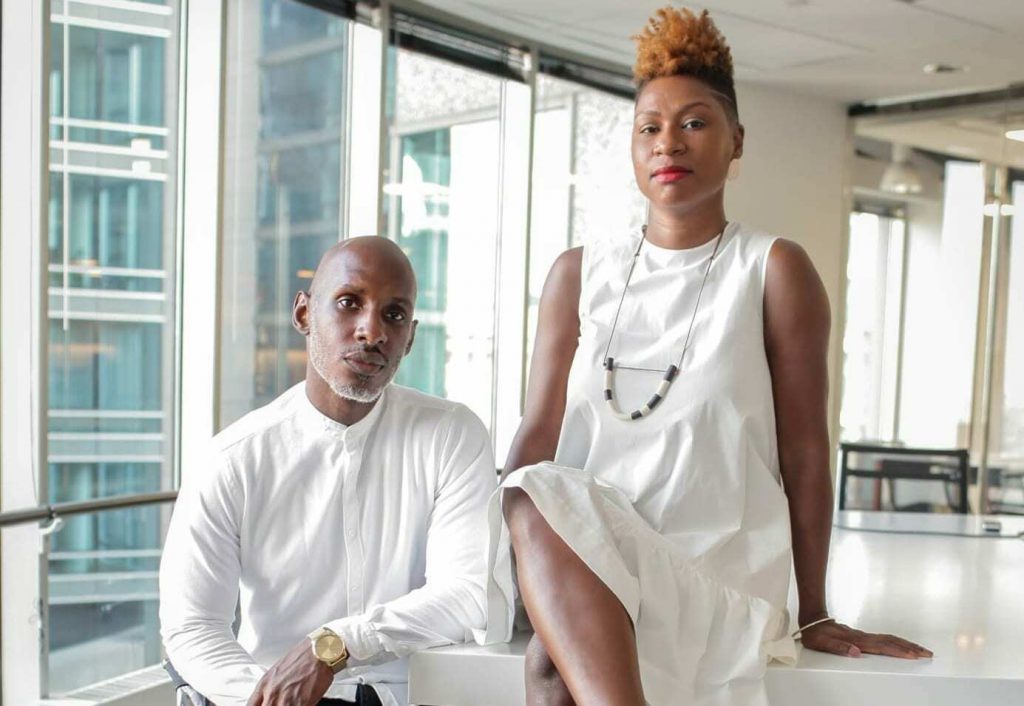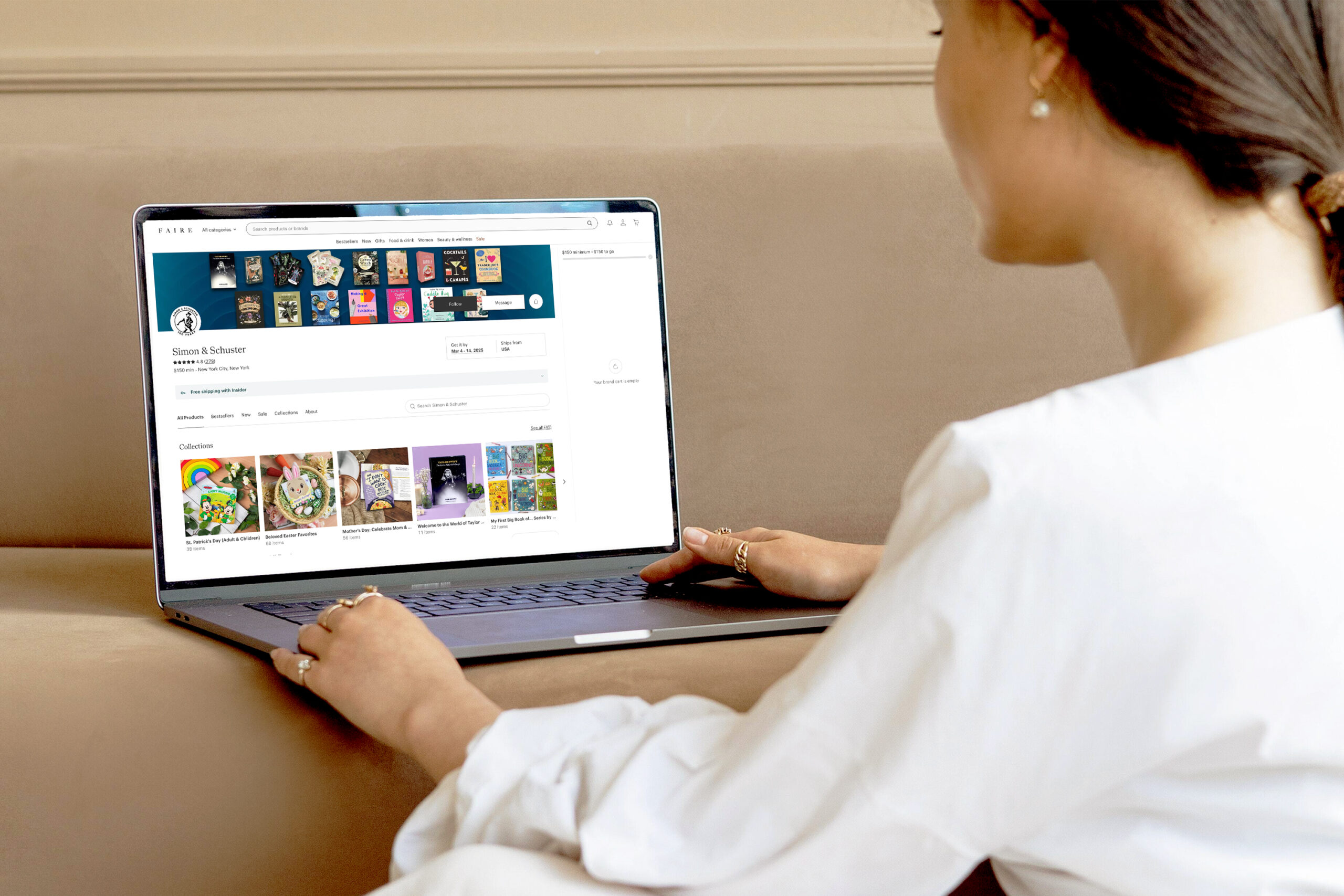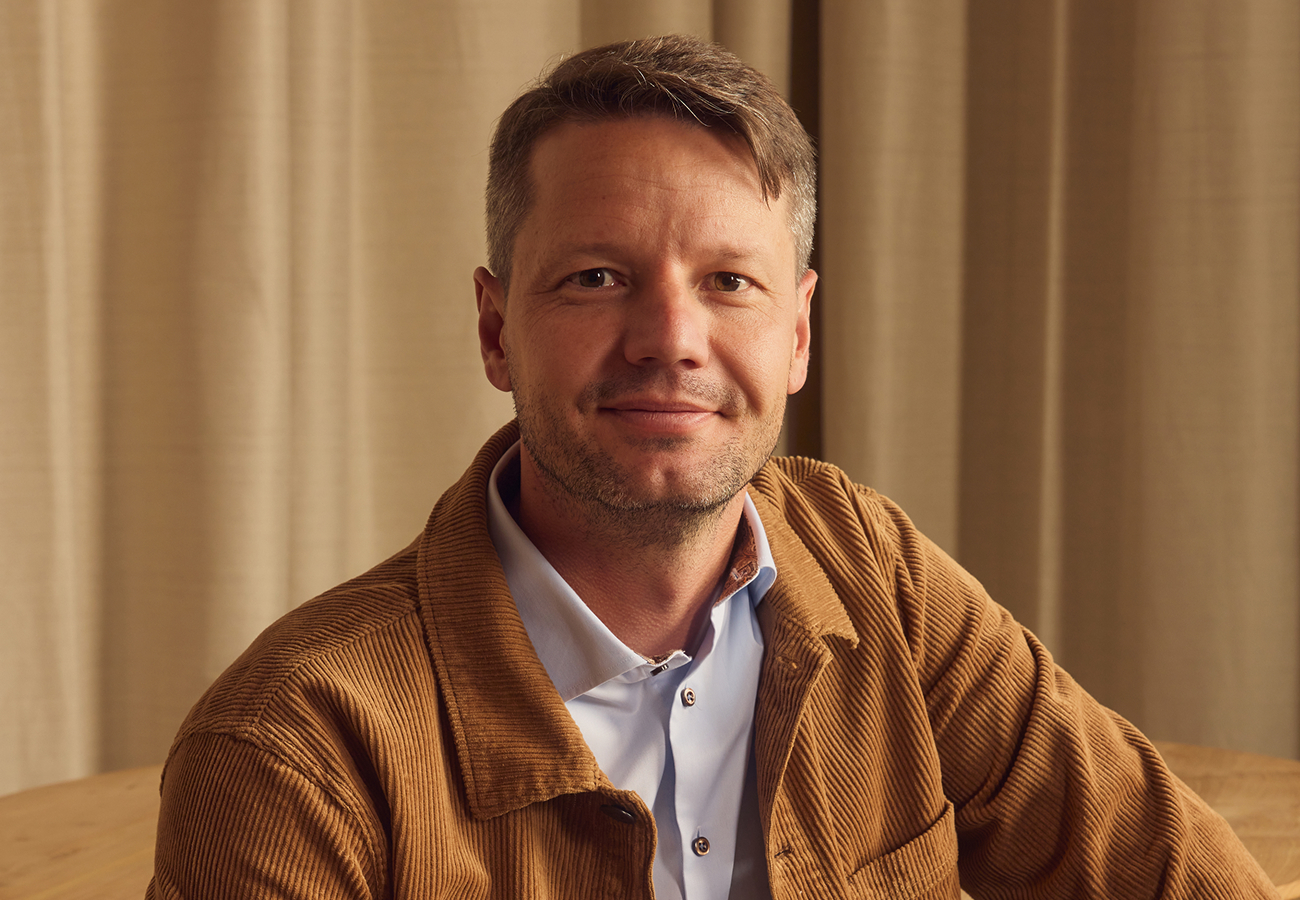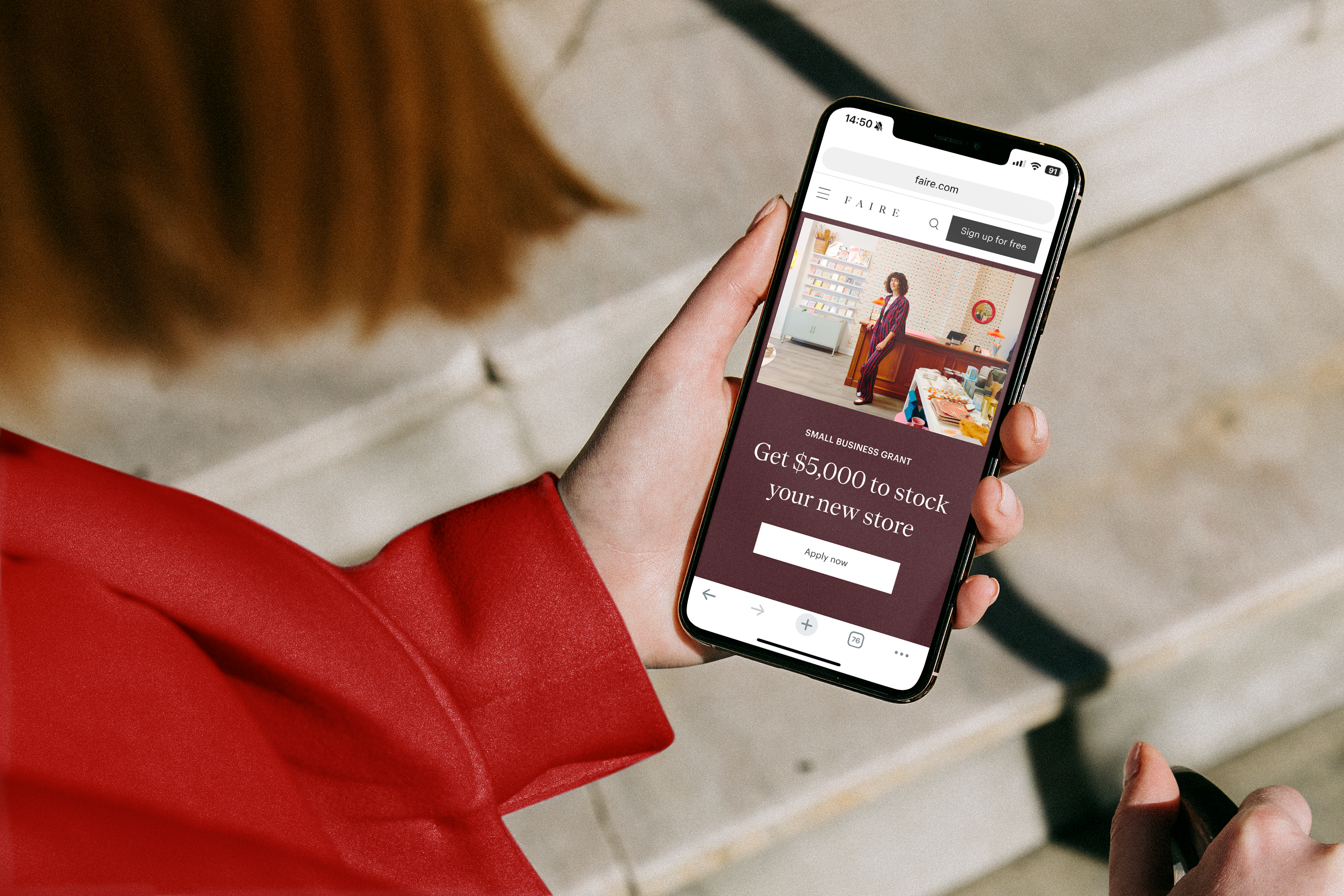Faire Teams Up with SHOPPE BLACK in Support of Black-Owned Businesses
November 2, 2020 | By Faire

SHOPPE BLACK, an online directory and content platform, was founded in 2015 by Philadelphia-based husband-and-wife team, Tony Lawson and Shantrelle Lewis. What started as a response to consumer demand for supporting Black-owned businesses after the shooting of Mike Brown, has now evolved into profiling and sharing thousands of businesses and entrepreneurs from New York to Nigeria, all in the name of celebrating Black business excellence.
Tony and Shantrelle focus on creating and curating content related to Black business ownership and Black culture in the global diaspora. Five years in the making, SHOPPE BLACK is now planning to expand into consulting services that will provide Black-owned businesses and professionals with access to capital, branding, digital marketing, and customer experience training.
We’re thrilled to be teaming up with SHOPPE BLACK to advance our shared goal of supporting and promoting minority-owned businesses through a new curated collection on Faire. We recently connected with Tony to hear more about his inspiring story.
Faire: Tell us a little about how you started SHOPPE BLACK. What were you doing previously?
Tony Lawson: My degree is in marketing from Howard University in Washington, D.C. My work experience was mostly in sales and marketing for hardware and software technology companies. My wife, Shantrelle, was a curator for the arts. We parlayed those experiences into building SHOPPE BLACK in 2015, around the time of the police shooting of Mike Brown.
We kept seeing online that people wanted to shop and support Black entrepreneurs, but they didn’t know how to find alternative Black-owned brands or businesses. Shopping Black was something my wife and I were already doing and interested in. It wasn’t hard for us to start by creating a Facebook page with lists of Black businesses that people could support. The response was amazing. Within the first few weeks, one of our posts went viral after being shared on a popular blog, and the Facebook group blew up. Not a lot of people were doing what we were doing at that time, and we had style — we had the look, the feel and the right content.
We quickly formed a website to share all of our lists and spotlights on Black businesses that consumers could support across different industries — from restaurants to gyms to shops. There was such a hunger that we thought we could turn this into something more beneficial. Based on Shantrelle’s background as a curator and my business acumen, we decided to create a site that promotes global Black entrepreneurship that would be a great resource for consumers who want to support those businesses.
Faire: What did it take to get things off the ground?
Tony: We already had experience building our own personal websites. We created the website pretty quickly after we went viral, and then we started building a social media following. But once we built out our email list, that was the game changer. It grew organically from the virality of our articles. We now have over 100,000 subscribers due to great SEO plus organic word-of-mouth from the consumers in our ecosystem.
We still have a pretty small team to this day. My son and daughter help us here and there with data entry. We sometimes hire freelancers from Upwork, depending on what needs to be done. I also brought on one of my friends as a business operations manager to tighten things up on the back end. While I focus on marketing and big picture strategy, Shantrelle focuses on aesthetic and design, and he brings the operations expertise. I’m a big believer in not being the smartest person in the room so you can always continue to learn from those around you.
Faire: What has been the biggest challenge since you began? Have there been any surprising lessons learned?
Tony: For us it’s been a challenge to keep up with the demand for more information on Black-owned businesses. We have a set schedule for content, but we also need to be fairly flexible so that if something happens in the news, we can adjust. While we can have structure, as a media-driven company, being able to put out content more frequently would be helpful. But it’s also a balance of quality over quantity.
A lesson I’ve learned is not to do too much at one time. I don’t need to be on five more social media platforms, or pressure myself to put out 100 spotlights on businesses a week. Slow, gradual growth is better than shooting for the stars and fizzling out.
Faire: Why is it important to you to focus on highlighting smaller independent businesses and entrepreneurs?
Tony: I always root for the underdog, the team that no one is expecting to win. I look at small businesses and Black businesses that way as well — historically and presently they face more challenges in establishing and growing, whether that’s banking or access to capital, or the resources to scale. It’s important for me to use the resources I have in my limited power to help them succeed — whether that’s tapping my network to connect them with someone who may help their business, or doing something personally like sharing and supporting their brand.
Entrepreneurship is the most viable vehicle for wealth creation in the Black community. In order for the Black community to improve their economic position, I think greater emphasis needs to be placed on entrepreneurship — and how to make the Black entrepreneur successful. That is my form of activism. I like to do things behind the scenes to affect change the best way I can.
Faire: What is the most rewarding part of your job?
Tony: Hearing success stories from the businesses we feature. They reach back out to us or I’ll check back in with them to see how things are going. It’s really humbling and rewarding to know that we’re helping people. We’ve heard from businesses whose sales took off after being featured and it changed their whole family — that’s really powerful.
I also love to see how excited consumers get about finding our site and our resources. After we featured a woman in South Africa who makes swimming caps for women with Black hair, a reader shared with me that she was going swimming for the first time in 10 years.
It’s all about helping people achieve their personal goals — whether you’re a business owner looking to increase sales and visibility, or a consumer looking for ways to support Black businesses.
Faire: Tell us about one of your favorite businesses or entrepreneurs you’ve highlighted.
Tony: That’s like picking a favorite child, it’s impossible! But recently we featured the story of a woman who owns two gas station franchises in Texas. In one of them she has a convenience store where she stocks a Black-owned wine brand. Sales have been through the roof ever since she started stocking them — thousands of bottles and cases within days. As a Black woman, she wanted to support another Black-owned business, and it’s a great partnership for both of them.
Faire: What is your hope for the future of SHOPPE BLACK?
Tony: I want SHOPPE BLACK to be a resource that helps level the playing field. I want shopping Black to become a lifestyle, something that is just natural and not forced or a burden.
I also want to scale and duplicate our efforts in other countries. We are mostly focused on the United States, but I want to be able to do this in places like France, Germany, and Nigeria. Even in Nigeria, where you would think shopping Black is much more common, Nigerian business owners are actually getting shut out of the industry as more foreigners move into the country and start their own businesses.
I want to help a small business scale, nationally, and internationally. That ultimately results in them providing jobs and improving the communities they are in. There are a lot of positive things that happen when a community is thriving and doing well — more money for education and social programs. Those things are beneficial for everyone — a rising tide raises all ships.



